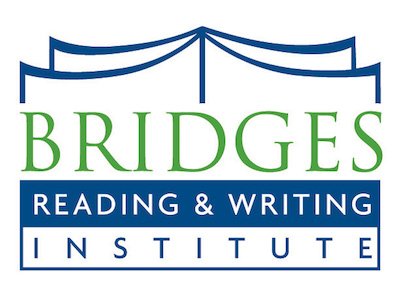Available Classes:
Tuesday 3:20 to 5:20 pm
Wednesday 2:15 to 4:15 pm
Wednesday 4:30 to 6:30 pm
Reading. We will introduce a collection of age-appropriate, high-interest short stories, reading excerpts, and poems. Students will learn to slow down the reading process to practice close-reading strategies and reading with a pencil in hand.
Here are our semester reading goals:
Rekindle the joy of reading through captivating and thought-provoking stories, excerpts, and poems.
Participate in thoughtful and challenging discussions about the readings.
Develop confidence in the comprehension of reading passages with higher level vocabulary and multiple-meaning words.
Identify essential plot points, characterization, point of view, tone, and mood. Analyze the narrative text features (word choice, imagery, details) used to effectively enhance these elements.
Build critical thinking skills to identify implied meanings and to make inferences.
Think interpretatively about key words, sentences, and paragraphs.
Practice questioning needed for digging under the surface of the text.
Analyze themes and central ideas.
Compare and contrast characters and speakers by analyzing their physical appearances, personalities, motivations, and actions.
Compare and contrast multiple settings and analyze the details used to create mood.
Build the practice of strong annotating in the text margins.
Find the most relevant and useful text evidence that can be used to build short-answer responses or a 5-paragraph essay.
Writing. We will present specific literary analysis questions for each reading, and students will write either a short-answer response or 5-paragraph essay based on these questions. We will give students a method of brainstorming, organizing their ideas, and developing their ideas so they can come up with a solid thesis statement and three body-paragraph claims that answer the question fully and accurately. We will structure each paragraph the same every time so that students can build confidence in organizing their short-answer responses or essays even before beginning to write.
Here are our writing goals:
Use the writing process to complete literary analysis paragraphs and essays in a highly structured and clearly defined system of repeatable steps for brainstorming, organizing, drafting, revising, editing, and publishing final writing.
Hunt for significant details for each of the main narrative elements (setting, character, plot, point of view, theme) and build the good practice of categorizing and organizing those details into thoroughly outlined notes that will be accessible for use during drafting.
Work through the introduction, body paragraphs, and concluding paragraph of a literary analysis essay.
Practice thesis statements and topic sentences to explicitly and clearly state claims that show depth of thought and answer the given literary analysis prompts with specificity and strong logic.
Combine specific and concrete details from the text into concise sentences for building context and background for literary analysis statements.
Provide enough context to tell the reader what was happening before the quote occurred, while at the same time, not going overboard with too much summation.
Interweave personal commentary with quotes to create quote sandwiches of “my words + author’s words + my words.”
